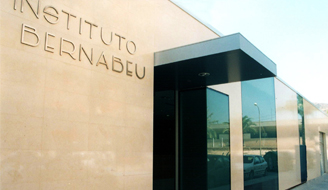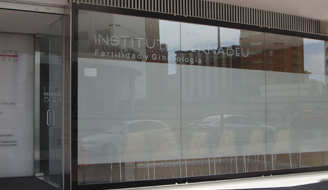Can the father's age condition an embryo's genetic make-up? IB research for ESHRE, 2016.
Extensive analysis has been carried out on the influence a mother's age can have on how well the reproduction process goes. However, very little has been done on the impact of an older father. The team leading the genetics laboratory at Instituto Bernabeu has carried out a study in order to understand in what way a father's age affects aneuploidies or chromosomal abnormalities that occur in spermatozoa and in the embryo.
The results obtained in the study are important to progress in the field of reproductive medicine and show that, whilst there was a tendency in fathers over 50 years of age to have a greater sperm aneuploidy rate, there are no relevant differences between the age of a father and genetic abnormalities in sperm. With reference to chromosomal abnormalities which may occur in the embryo, differences based on the man's age were not observed, either.
The research, which concludes that the father's age has no connection to genetic abnormalities in sperm and embryos, will be presented in poster format at the upcoming European Society of Human Reproduction and Embryology (ESHRE, 2016) worldwide congress to be held in Helsinki.
Male age is not related with high rates of spermatozoa and embryos aneuploidy.
A. Fabregat, J.A. Ortiz, B. Lledó, R. Morales, E. García-Hernandez, A. Rodriguez, J. Ll. Aparicio, R. Bernabeu.
POSTER EHSRE, Helsinki









